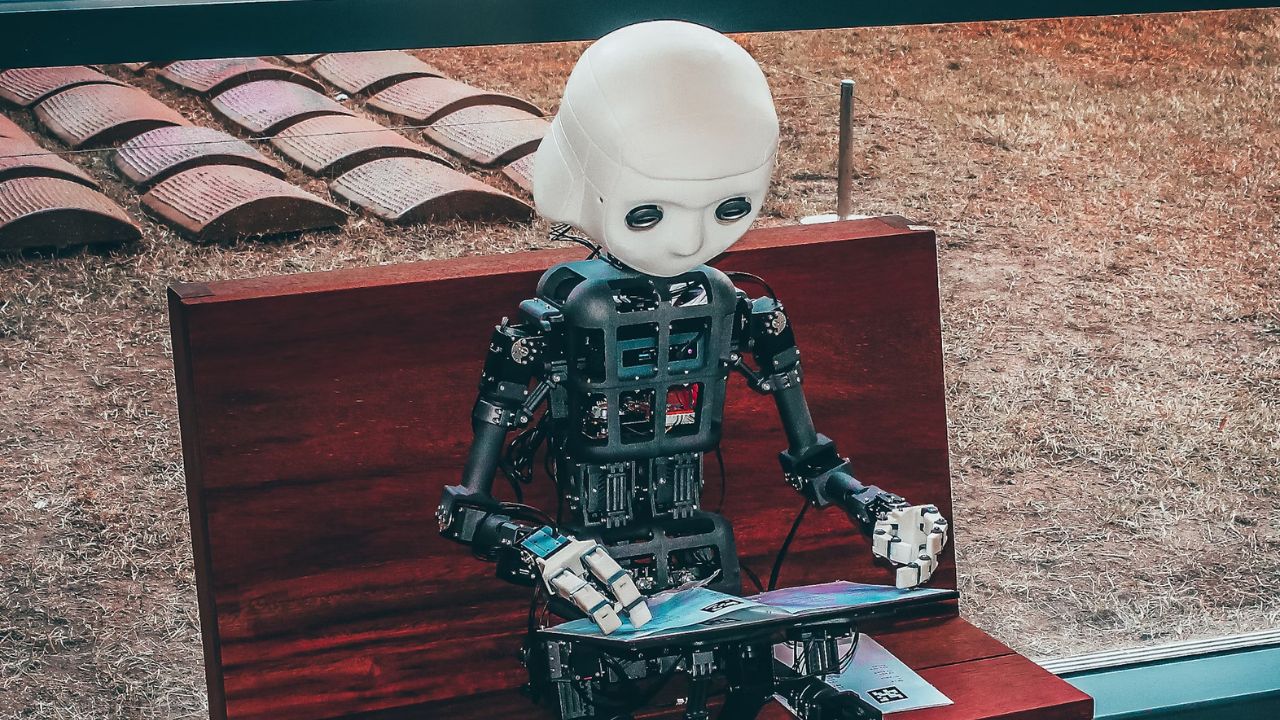As we venture further into the digital age, the marketing landscape is undergoing a dramatic transformation. At the heart of this disruption is the rise of Artificial Intelligence (AI), hailed as the next frontier for nearly every industry, and the emergence of fractional Chief Marketing Officers (CMOs), forcing businesses to rethink their strategies. Yet, as AI and fractional executives reshape marketing, one question lingers: Will traditional marketers become obsolete?
While AI is transforming how marketing is executed, fractional CMOs are reshaping how it is led. More companies — particularly mid-sized and family-owned businesses — are turning to part-time executives for strategic guidance without the financial commitment of full-time hires. This shift is prompting a reevaluation of traditional marketing leadership.
Vineet Arya, a veteran of the fractional leadership space, explains the growing trend. “Organizations, especially mid-sized ones, are increasingly looking for professionals who can quickly influence and shift the mindset of their teams,” he says. “They are becoming more digital in their thinking and operations, whether in marketing, finance, or HR.”
Companies that embraced the fractional CMO model bring in a fractional CMO as it matures from a growth phase to a more stable phase. “At a certain point, they probably feel they don’t need someone full-time but needed strategic guidance to steer the company forward.
Even traditional firms, while they may still maintain full-time CMOs, companies are increasingly relying on fractional experts for niche projects. “For example, a major corporation with a full-time CMO might hire a fractional brand expert to help redefine its brand strategy,” Arya notes.
Despite these changes, AI and fractional CMOs do not signal the end of traditional marketing. Rather, they mark the evolution of marketing roles. “The demand for roles in sales and marketing continues to grow — by 25–30% in 2024,” says Ramesh Alluri Reddy, CEO of TeamLease Degree Apprenticeship. “New roles, such as AI-driven Marketing Specialist and Customer Insights Manager, are emerging, but organizations are struggling to find talent that combines technical skills with strategic creativity.”
Reddy highlights a critical skills gap, particularly in industries like technology, e-commerce, and financial services, which are driving demand for marketing professionals. However, traditional sectors like manufacturing lag behind. The need for upskilling has never been more urgent, and apprenticeships and internships are seen as vital pathways for bridging this gap.
Anupama Bhimrajka, Vice President of Marketing at foundit, emphasizes the broader implications of AI integration as well. “AI is not just automating tasks; it is redefining job roles, allowing marketers to focus on creativity, strategy, and innovation,” she says. “Generative AI is enhancing productivity by optimizing campaigns, personalizing customer engagement, and improving decision-making.”
Tanvi Gupta, a marketing professor at IIM Ahmedabad, offers a nuanced perspective on the role of AI in marketing. “Growth marketing is fundamentally about numbers — converting leads, improving lead generation, and transforming website visitors into customers,” Gupta explains. “AI is poised to revolutionize this by enabling hyper-personalization through sophisticated algorithms.”
Traditionally, marketing involved broad segmentation — targeting groups of customers based on shared characteristics. But AI has ushered in a new era of precision. “With AI, we can now target individuals based on their entire transactional history and the vast amounts of data available online,” says Gupta. The sheer scale and accuracy of AI in processing this data allows it to identify customer needs with a precision far beyond human capabilities.
In Gupta’s view, AI will not lead to job losses but will instead allow for a reallocation of human energy. “AI will free up time for more meaningful work,” she says. “This is particularly important in a time when disengagement and ‘quiet quitting’ are becoming prevalent — AI offers an opportunity to reinvigorate employees by allowing them to focus on higher-value tasks.”
For marketers, the key to thriving in this new landscape lies in adaptability. Embracing AI tools, honing creativity, and staying open to innovative leadership models will be critical for success. Far from signaling the end of an era, these changes represent the beginning of a more collaborative, technology-driven future.
